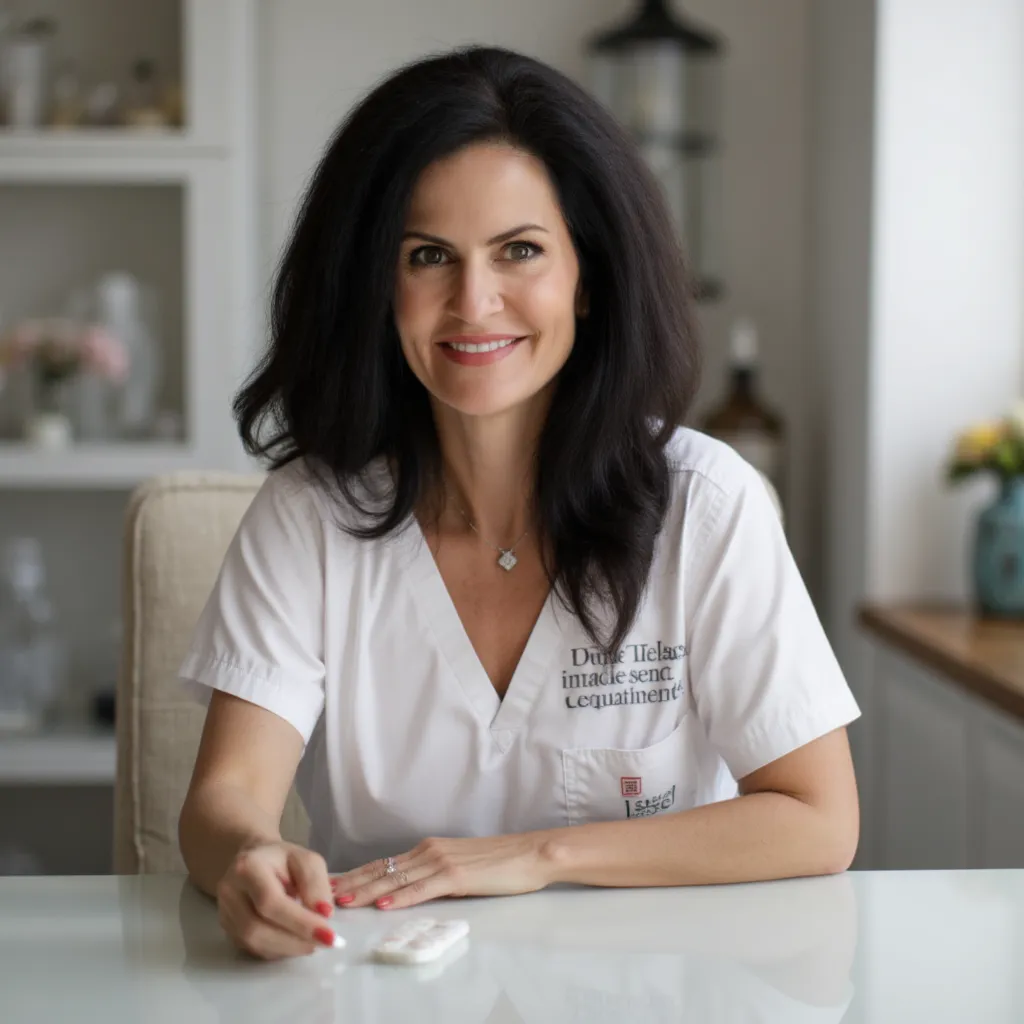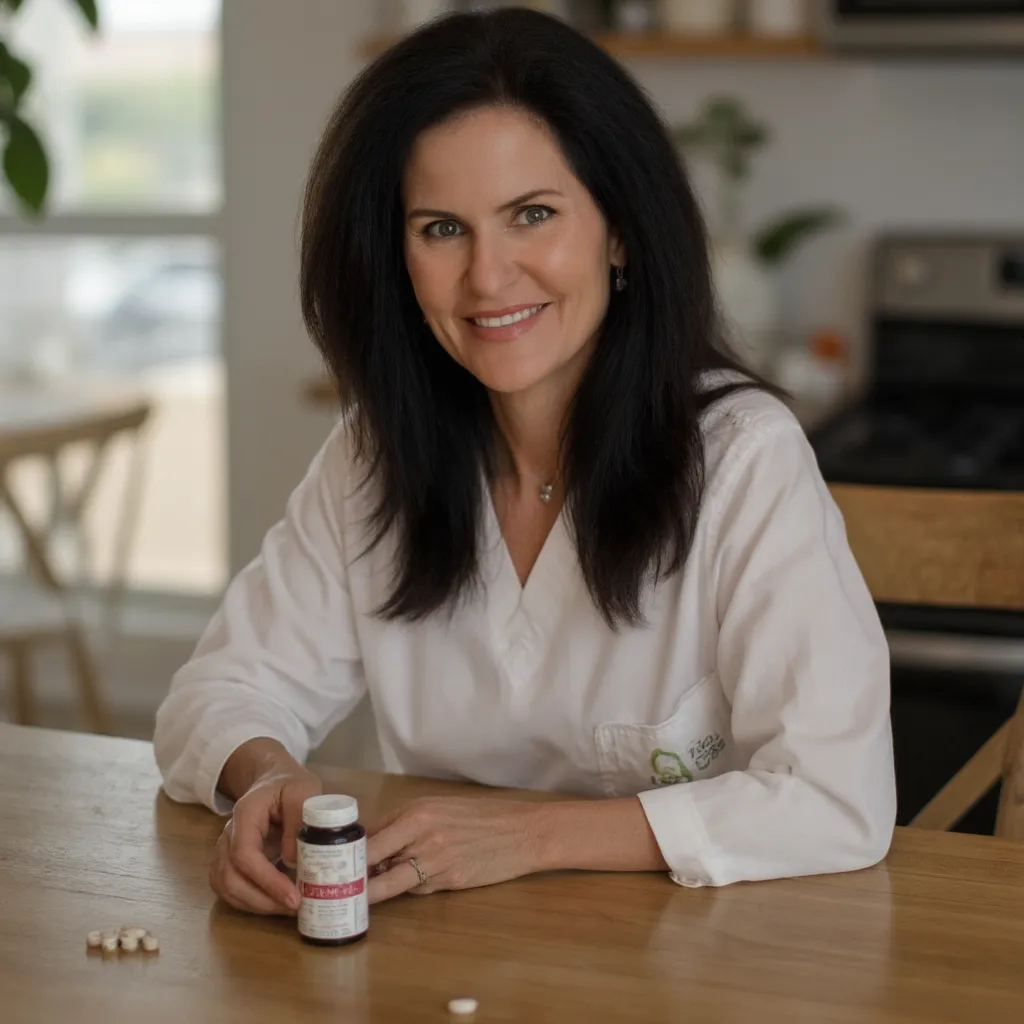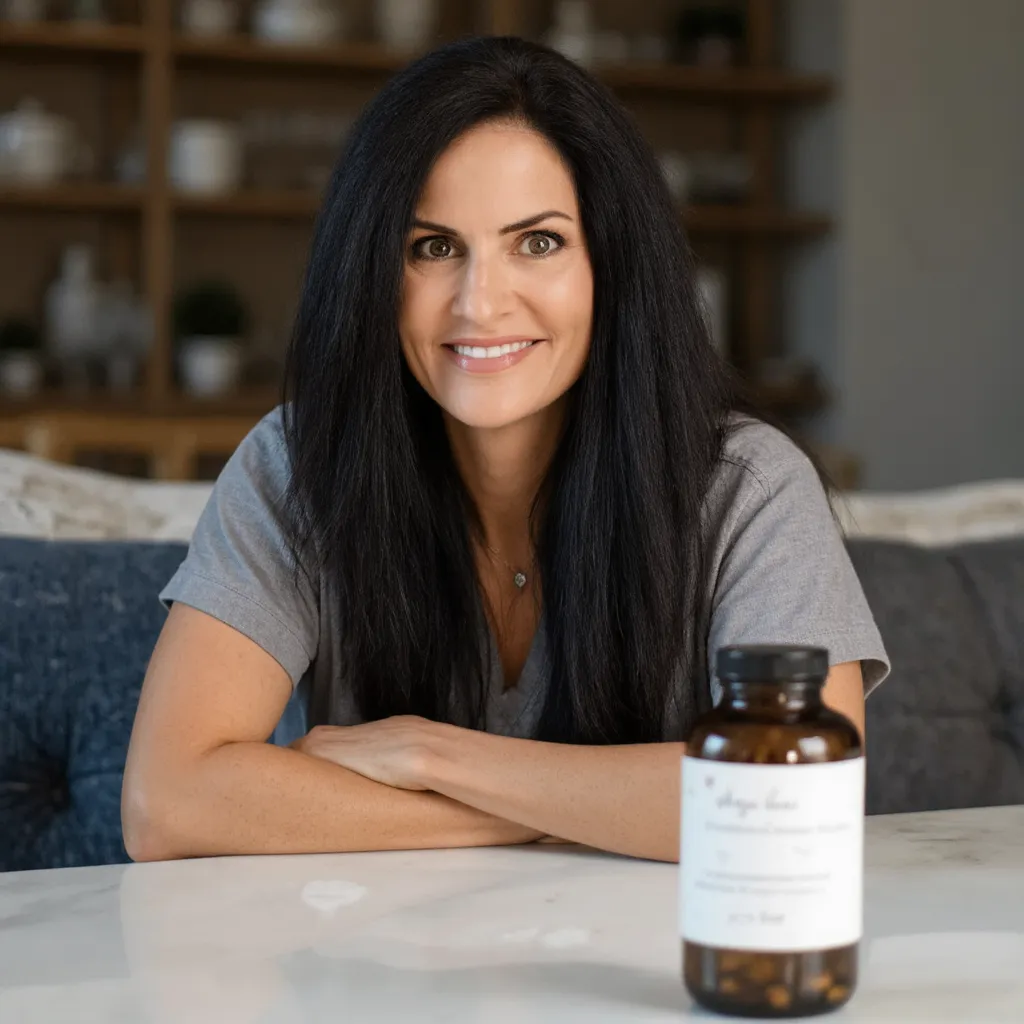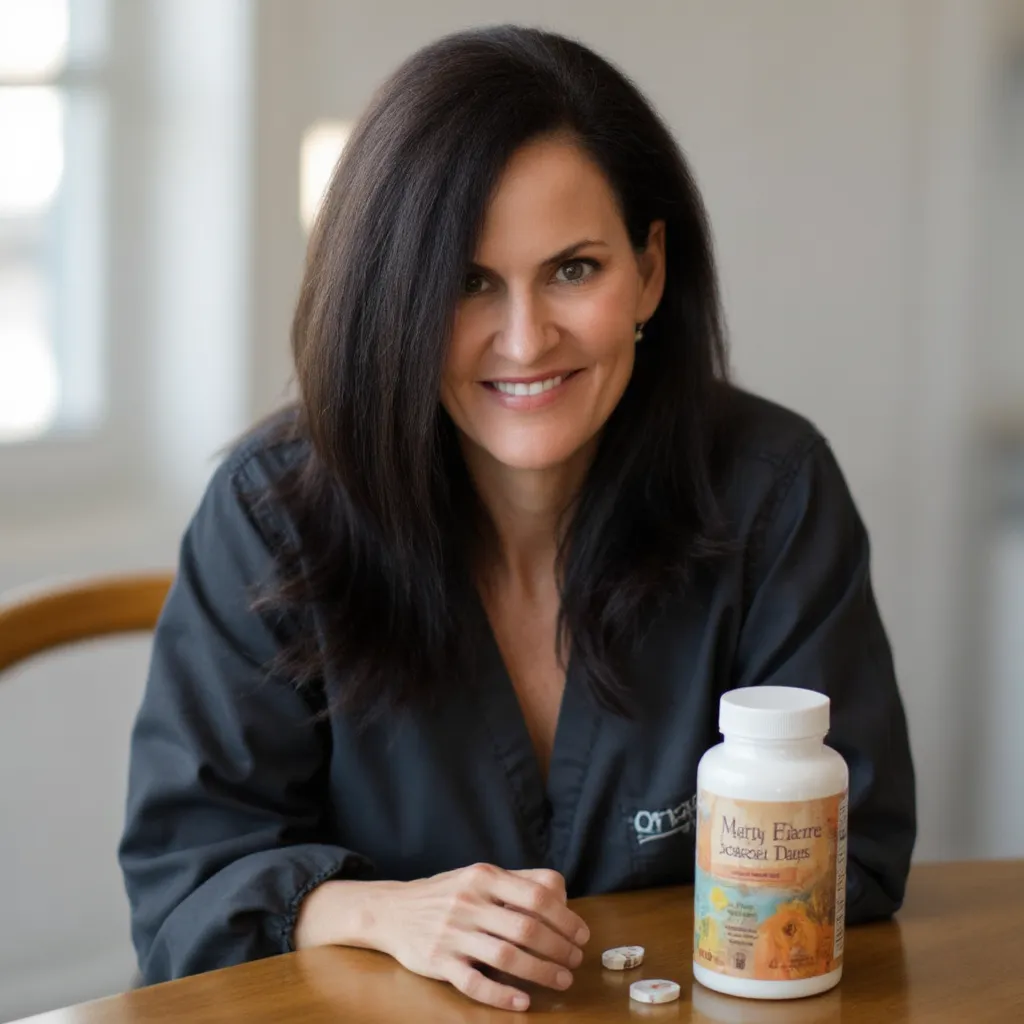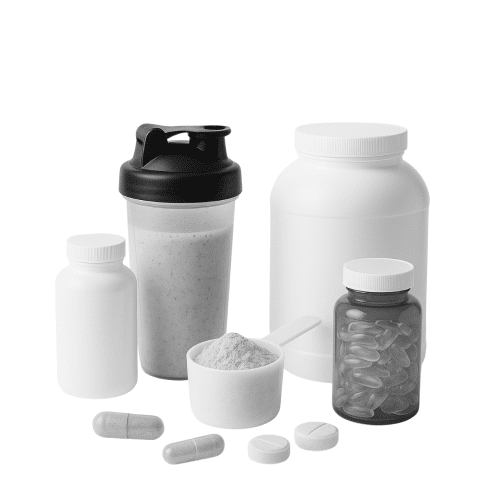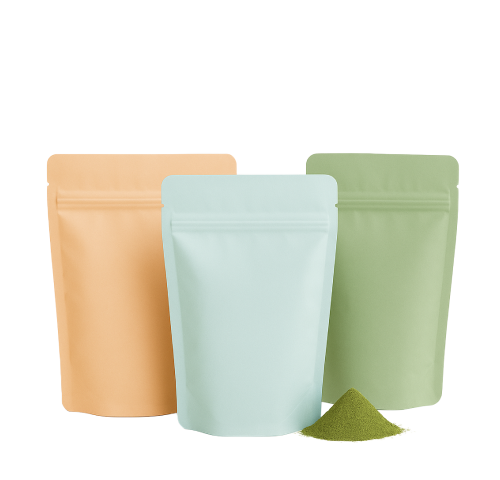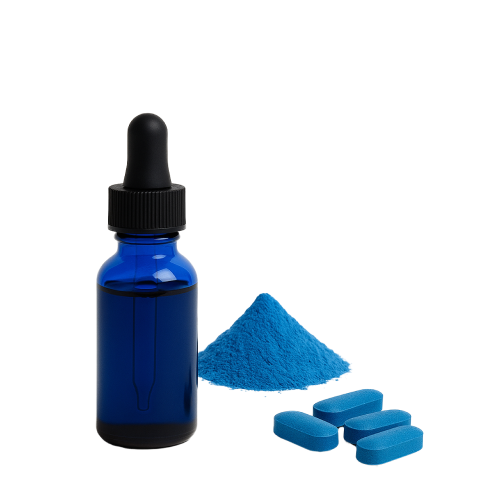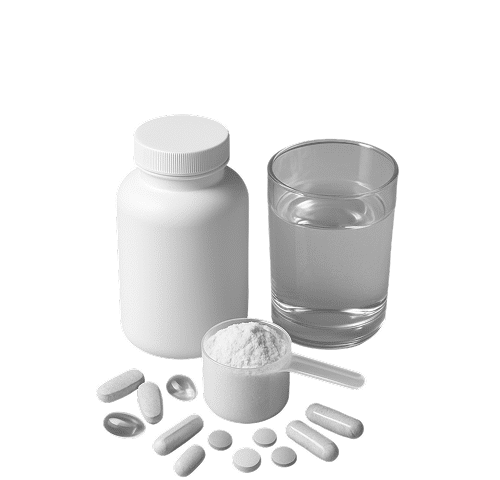Dr Mary Claire Haver’s Supplement Routine

What She Takes for Better Health
Dr. Mary Claire Haver is known for her work in women's health, particularly in managing menopause through nutrition and supplements. She recommends key nutrients to support overall well-being, including magnesium, fiber, and collagen. In this article, we’ll take a look at Dr. Mary Claire Haver’s supplement recommendations, highlighting the supplements she suggests for better health during menopause and beyond.
- Last Updated: July 15, 2025
-
-
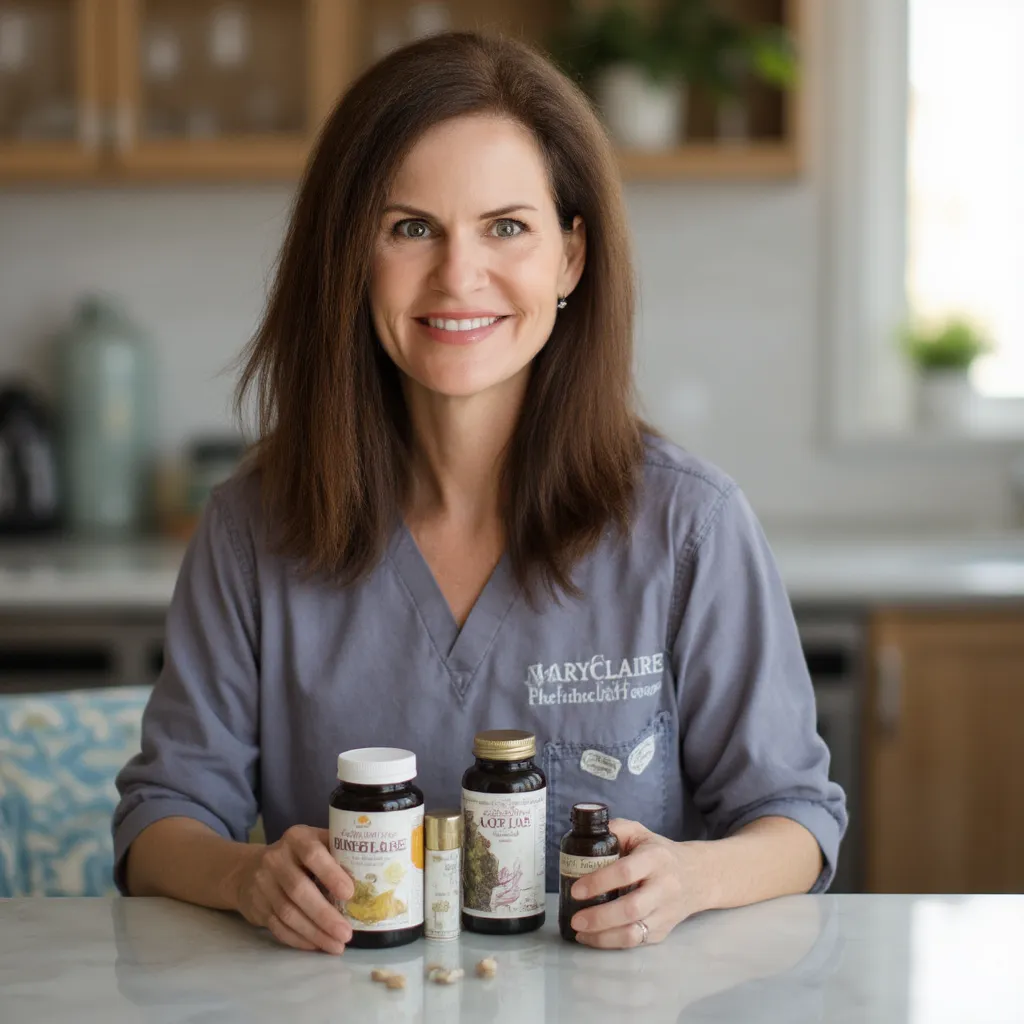
Omega-3 and Vitamin D3 & K2 Combination
Dr. Haver has formulated a combination supplement that includes Omega-3 fatty acids, Vitamin D3, and Vitamin K2, addressing several common deficiencies and health concerns particularly relevant to menopausal women. This carefully crafted blend is designed to support heart health, brain function, bone strength, and overall well-being, providing a comprehensive approach to key nutritional needs during this life stage.
- Supports cardiovascular health: Omega-3 fatty acids, particularly EPA and DHA, contribute to heart health and may help reduce the risk of cardiovascular disease.
- Enhances brain function: DHA is crucial for maintaining cognitive health and may help improve memory and mental clarity.
- Promotes bone strength: The combination of Vitamin D3 and K2 works synergistically to support calcium absorption and proper utilization in bones.
- Improves mood: Omega-3s and Vitamin D have been linked to better mood regulation, potentially helping with menopausal mood swings.
- Supports hormone balance: This combination may help alleviate some symptoms associated with hormonal changes during menopause.
- Enhances skin health: Omega-3s contribute to skin hydration and elasticity, addressing common skin concerns during menopause.
Dr. Haver’s decision to combine these nutrients reflects her understanding of their synergistic effects and the specific needs of menopausal women. Dr. Haver emphasizes that while these supplements can be a valuable addition to a healthy lifestyle, it should complement, not replace, a nutrient-rich diet.
She recommends consulting with a healthcare provider to determine individual needs and ensure the supplement aligns with personal health goals and any existing medical conditions.
-
Collagen Supplements
Dr. Mary Claire Haver includes collagen supplements into her daily routine, recognizing their potential benefits for skin health, bone support, and overall protein intake.
As women age, particularly during and after menopause, collagen production naturally decreases, which can affect skin elasticity, joint health, and bone density. Her approach to collagen supplementation addresses these concerns with two specific products.
- Skin elasticity support: May help reduce the appearance of wrinkles and improve skin firmness.
- Bone density maintenance: Collagen is a key component of bone structure, potentially aiding in long-term skeletal strength.
- Joint comfort enhancement: Can help alleviate stiffness and reduce joint pain, common concerns during menopause.
- Convenient protein source: Provides an easily digestible protein to aid muscle mass retention.
- Stronger hair and nails: May contribute to healthier, more resilient hair and nails.
- Satiety and weight balance: The protein in collagen may promote fullness, assisting in weight management.
Dr. Haver emphasizes the importance of consistency in collagen supplementation, noting that benefits are typically seen with regular, long-term use.
-
Creatine
Dr. Mary Claire Haver has recently added creatine monohydrate to her daily supplement routine, recognizing its potential benefits for women, particularly those in menopause. While often associated with male athletes, creatine has gained attention for its positive effects on muscle mass, bone density, and cognitive function, all of which are crucial concerns for menopausal women.
- Muscle preservation and strength: Helps maintain and potentially increase lean muscle mass, which naturally declines with age.
- Bone health reinforcement: May support stronger bones, reducing the risk of osteoporosis.
- Improved physical performance: Can enhance power output and endurance during high-intensity activities.
- Energy production boost: Plays a crucial role in ATP synthesis, supporting sustained energy levels.
- Metabolic rate support: Helps maintain muscle mass, which plays a role in overall metabolic function.
Dr. Haver’s inclusion of creatine in her supplement routine reflects her commitment to evidence-based approaches to women’s health. She notes that creatine supplementation is an area where many women, including herself previously, may be deficient.
Dr. Haver aims to support her muscle strength, bone health, and overall vitality during menopause by adding creatine to her daily water mixture. She emphasizes that while creatine is generally safe for most people, it’s important to start with lower doses and increase gradually.
-
Magnesium Threonate
To improve sleep quality, particularly during menopause and perimenopause, Dr. Mary Claire Haver includes magnesium threonate in her nightly routine. This unique form of magnesium is known for superior absorption compared to other magnesium salts on the market.
- Relaxation and sleep enhancement: Helps regulate neurotransmitters involved in relaxation, easing anxiety and improving sleep duration over time.
- Cognitive function optimization: Magnesium threonate has been shown to enhance synaptic plasticity, which may contribute to better memory retention and learning.
- Muscle tension relief: Helps alleviate cramps and spasms, particularly beneficial after physical activity.
- Cardiovascular health benefits: Adequate magnesium levels are associated with better heart rhythm and blood pressure regulation.
By including magnesium threonate into her evening routine, Dr. Haver aims not only to address sleep disturbances but also to support cognitive function and muscle recovery—making it a key part of her holistic wellness strategy.
-
Turmeric
Turmeric is another valuable addition to Dr. Mary Claire Haver’s routine, used strategically based on individual needs—especially for managing symptoms related to hormonal changes, such as hot flashes and musculoskeletal pain.
- Natural anti-inflammatory action: Curcumin, the active compound in turmeric, has potent anti-inflammatory effects that may help reduce chronic inflammation-related discomfort.
- Hot flash reduction: It may help lessen the frequency and intensity of hot flashes experienced during menopause.
- Joint and muscle pain relief: Turmeric’s analgesic properties can be beneficial for arthritis-related discomfort and post-exercise muscle soreness.
- Digestive health improvement: Traditionally used to aid digestion and relieve bloating after meals.
- Antioxidant protection: Curcumin acts as a powerful antioxidant, helping to defend cells against oxidative stress.
Dr. Haver prefers to use turmeric as needed rather than as a daily supplement, allowing for flexibility in addressing symptoms without excessive intake.
-
Vitamin B12
Vitamin B12 is another essential component of Dr. Mary Claire Haver’s supplement routine due to its critical role in energy production and neurological function—particularly important for those who may be at risk of deficiency.
- Energy production support: Plays a vital role in converting food into usable energy, helping maintain steady energy levels throughout the day.
- Neurological system maintenance: Essential for nerve cell integrity and cognitive function, potentially reducing age-related decline.
- Healthy red blood cell formation: Crucial for producing sufficient red blood cells, lowering the risk of anemia-related fatigue.
- Emotional well-being regulation: Deficiency in B12 has been linked to mood disorders, and adequate levels may support mental health.
Dr. Haver takes Vitamin B12 supplements based on her personal tendency toward deficiency—a common issue among individuals following certain diets or those who experience malabsorption due to age or gastrointestinal conditions. She emphasizes regular monitoring through blood tests as part of an individualized approach to supplementation.
-
Probiotic
Dr. Mary Claire Haver recognizes the importance of gut health in overall wellness; therefore, she includes a probiotic in her daily routine when she doesn’t consume probiotic-rich foods like yogurt or kefir. Probiotics are beneficial bacteria that play essential roles in digestion and immune function.
- Gut microbiome balance: Helps maintain healthy gut flora by introducing beneficial bacteria into the digestive system.
- Digestive system efficiency: May alleviate symptoms such as bloating or irregular bowel movements by promoting better digestion.
- Immune function reinforcement: A well-balanced gut microbiome is linked to stronger immunity, and probiotics help support this connection.
- Post-antibiotic gut restoration: Can help replenish beneficial bacteria after antibiotic use, reducing digestive discomfort.
Dr. Haver aims to promote optimal digestive function while supporting immune health by including probiotics in her routine when needed—especially important during menopause when hormonal changes can significantly impact gut microbiome balance.
-
Fiber Supplement
Dr. Mary Claire Haver emphasizes the critical importance of fiber in a woman’s diet, particularly during menopause. Recognizing that many women struggle to meet their daily fiber requirements through diet alone, she uses fiber supplements to support digestive health, and overall well-being.
- Balanced fiber intake: Provides a balanced blend of fiber types for comprehensive digestive support.
- Easy consumption: Can be added to water, smoothies, or other beverages for convenient consumption.
- Supports digestive health: Helps alleviate common issues like bloating, constipation, and irregular bowel movements.
- Weight control: May aid in weight management by increasing feelings of fullness.
- Heart health improvement: Soluble fiber may help lower cholesterol levels, supporting cardiovascular health.
While she strongly advocates for obtaining nutrients from whole foods whenever possible, she recognizes the challenges many women face in meeting their fiber needs through diet alone.
Dr. Haver recommends tracking fiber intake using apps like Cronometer and supplementing as needed to reach the optimal 35 grams per day, emphasizing that this approach can significantly impact overall health and well-being during menopause and beyond.
-


